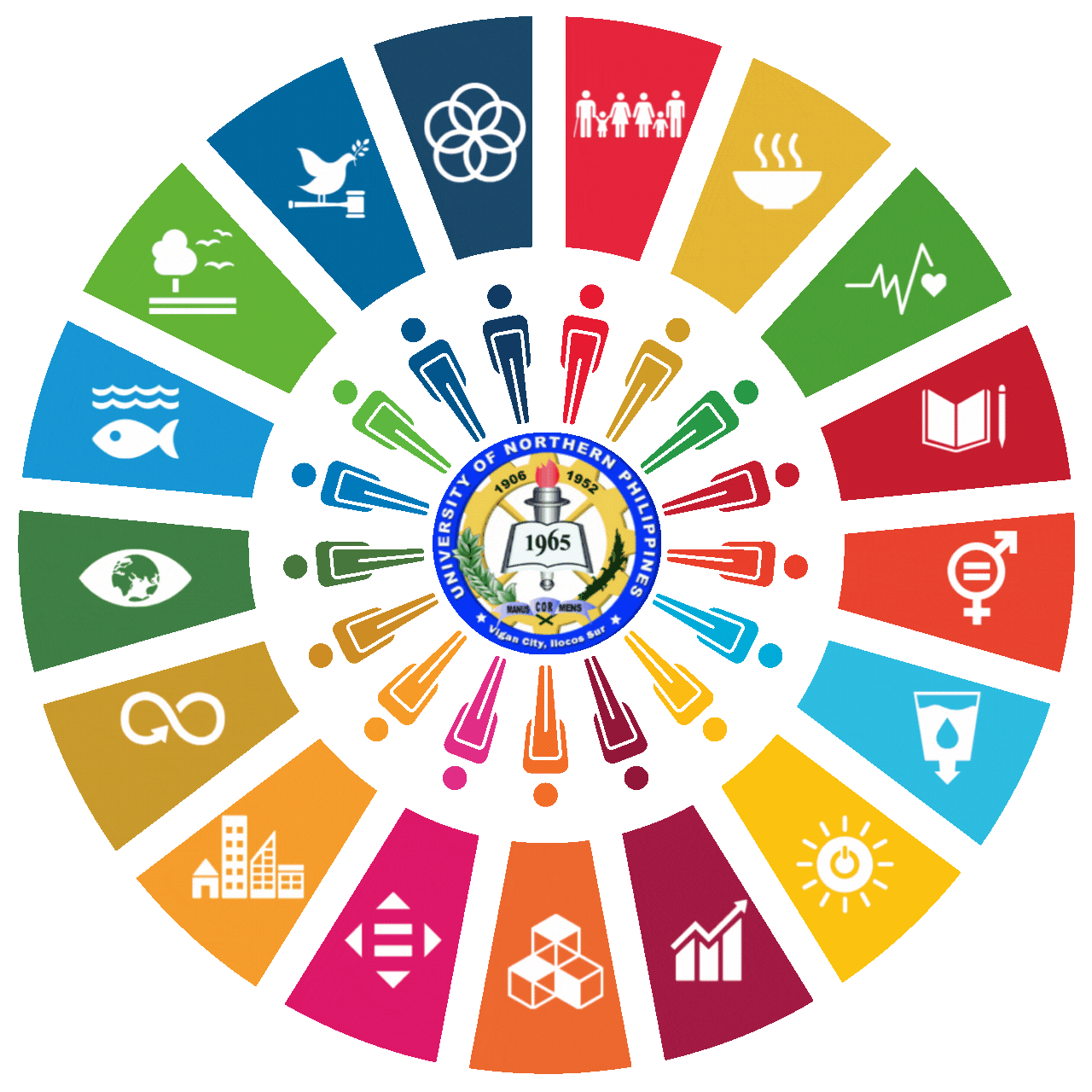

SDG 11 - SUSTAINABLE CITIES AND COMMUNITIES
UNP isn’t just a University; it’s a guardian of history, nestled in the heart of Vigan, the Philippines’ only UNESCO World Heritage City. Talk about a prime location!
This isn’t your average campus. UNP is surrounded by centuries of culture, from Spanish colonial architecture to traditional Ilocano lifestyles. And they’re not just admiring the view – they’re on their toes to keep this heritage alive.
UNP has teamed up with the City of Vigan, and neighboring towns on a mission to safeguard their cultural treasures. They’re not just preserving old buildings; they’re keeping the soul of the region intact. From mapping cultural hotspots to assessing damage on historic structures, UNP is on the case.
But they’re not stuck in the past. UNP is blending old and new, finding clever ways to repurpose heritage sites for modern use. They’re even shaping policies, and crafting ordinances to protect these gems for future generations.
The best part? UNP is turning Vigan City into a living laboratory for its students. Architecture, and Environmental Planning majors aren’t just hitting the books; they’re out there, getting their hands creative, with real-world heritage conservation projects.
From documenting centuries-old buildings to planning sustainable urban spaces, UNP is at the forefront of keeping Ilocano culture thriving. They’re not just educating students; they’re cultivating the next generation of heritage guardians. That’s the UNP way – honoring the past while building a sustainable future.
Description: The university held a training-workshop on cultural heritage conservation and disaster risk management. The event provided a platform for experts to share best practices on safeguarding cultural treasures and communities from disasters like earthquakes. It directly contributes to the protection of cultural heritage and the resilience of urban communities.
Description: The College of Hospitality and Tourism Management (CHTM) organized a campaign to preserve the natural beauty of the Gaco River Eco-Tourism Park. This initiative aimed to enhance the park's potential as a sustainable tourism destination and preserve the local ecosystem. By promoting responsible tourism and environmental awareness, this activity contributes to the sustainability of the local community.
Description: The university celebrated Indigenous Peoples month with an event that highlighted the culture and heritage of indigenous peoples. This initiative promotes social inclusion and cultural diversity, which are essential for building sustainable and inclusive communities. It fosters an environment of respect and appreciation for the diverse cultural heritage of the region.
Description: The College of Hospitality and Tourism Management organized a workshop on making traditional delicacies like puto and bibingka. This initiative revives cultural traditions while providing participants with practical food production skills. It promotes local food security and offers an opportunity for a new source of income, thereby contributing to the cultural heritage and economic well-being of the community.
Description: The College of Arts and Sciences Department of Mathematics and Natural Sciences (CAS-DMNS) launched a "ChristMATH Tutorial through Pinoy Games" at an elementary school. This initiative aimed to enhance the arithmetic skills of struggling pupils and foster a love for mathematics, contributing to the goal of ensuring quality primary education. By engaging with the local community, the program promotes social inclusion and sustainable development at a local level.
Description: The Department of Languages and Humanities, in partnership with the Center for Gender and Development, conducted a training on "Women and the Environment Towards Sustainable Community." This initiative is part of a campaign to end violence against women but also highlights the role of women in environmental conservation. By educating women on environmental issues, the program contributes to reducing the environmental impact of communities.




















